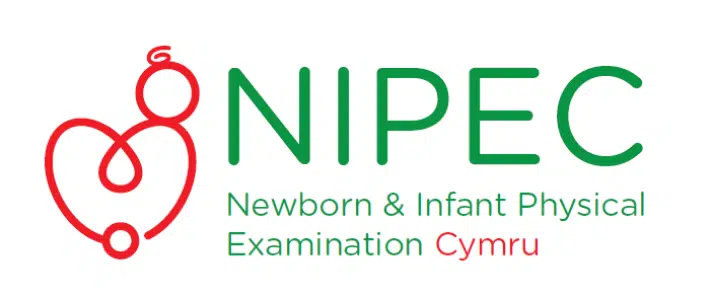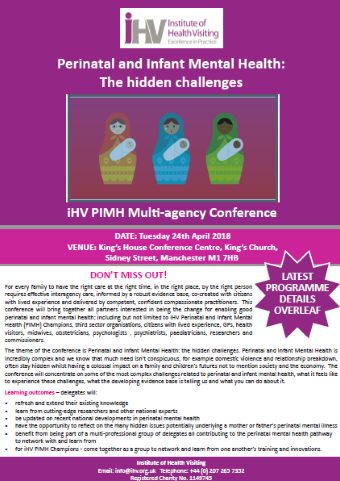The Welsh Government has recently published Newborn and Infant Physical Examination Cymru (NIPEC) Guidelines and Standards for Wales. The Guidelines aim to standardise practice and improve the quality of the NIPEC examination, contributing to the health and wellbeing of babies and infants through early detection of congenital abnormalities of the eyes, hips, heart and (in males) testes. The Guidelines have been developed in collaboration with experts from across Wales based on research evidence and best practice. The guidelines will be reviewed periodically and updated in accordance with any new or emerging evidence.
The newborn and infant physical examination is offered to all babies in Wales. The main aims of the examination are to:
- Identify and refer all children born with congenital abnormalities of the eyes, heart, hips and (in males) testes, where these are detectable, within 72 hours of birth.
- To further identify those abnormalities that may become detectable by 6 weeks of age, at the physical infant examination.
- Reduce morbidity and mortality.
The NIPEC examination must be completed by a trained practitioner who is competent to undertake all elements of the newborn screening examination and who has undergone relevant training. This can be a midwife, nurse, health visitor, doctor, or physician associate.
Health Education and Improvement Wales has developed resources to support NIPEC practitioners with their continuing professional development (CPD) with an aim of standardising the approach across Wales, they can be found here The Newborn and Infant Physical Examination Cymru (NIPEC) – HEIW (nhs.wales).





